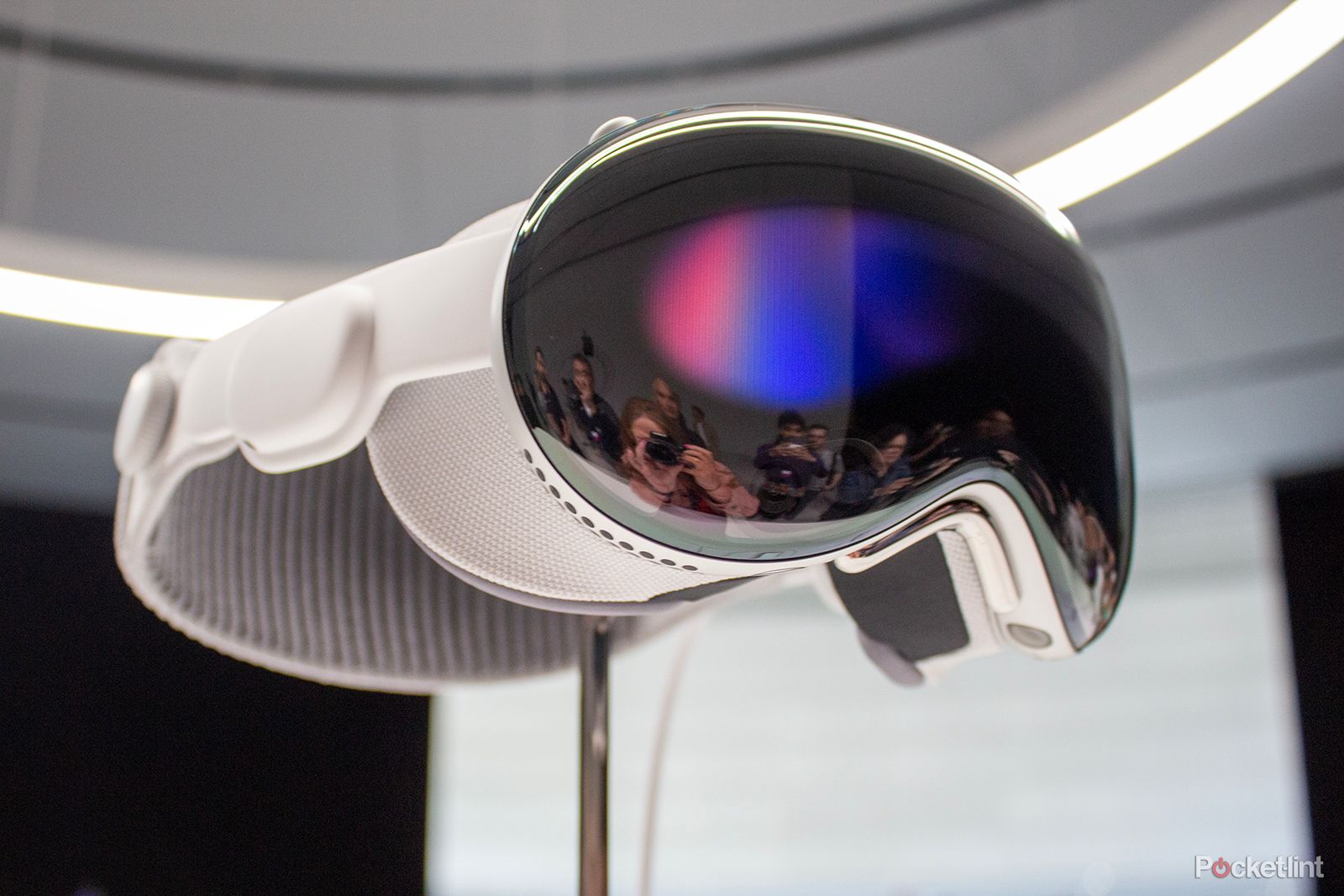There's a report circulating that Google has decided to drop the development of its AR smart glasses - known internally as Project Iris. Project Iris was first reported in early-2022, following a run of events through preceding years which pointed to renewed interest in the smart glasses segment.
Google, of course, is no stranger to AR glasses. Google Glass was one of the first ventures into the world of augmented reality - and that was 2012. The Google Glass experiment opened up a whole can of worms around privacy on one hand, and the possibility of having key information fed into your vision when you're out and about, on the other.
But the news from Business Insider that Google is stepping away from the project shouldn't be greeted with disappointment, because it actually doesn't matter.
Project Iris is about hardware and much I love my Pixel phone, hardware isn't Google's strongest suit. Software - by a country mile - is what Google is good at. Because on that Pixel phone, the software driving the camera keeps it in my pocket. It's the software behind Google Maps, the onboard smarts that will record and transcribe interviews, or carry-out translations - that's the stuff that matters.
Business Insider instead tells us that Google is focusing on software platforms for AR instead - which makes perfect sense. What you don't want from an AR product is incompatibility with existing systems and if you're not going to use Apple's systems, you'll want to use Google's. As I said when talking about Apple Vision Pro recently, Google is the obvious competitor - but why do that through hardware?
If Android has taught us anything, it's that unifying software and services across varied manufacturers is a winning formula. Android underpins a lot of experiences and while you probably think about smartphones, remember that auto manufacturers are embracing Android to develop their next-gen in-car systems, it's in all manner of devices doing all sorts of things. Why? Because it's better than developing all that yourself.
What we do know - or what rumour sources say - is that Google continues to work with Samsung on its future headset, probably called Galaxy Glass. Google and Samsung are enjoying quite the run together: Samsung is the largest single smartphone manufacturer on Android, it made wearOS work on the Galaxy Watch, so there's no reason to doubt that Samsung would be first to arrive on Google's headset software.
Apple Vision Pro has renewed interest in headsets and we wouldn't be surprised to see a whole range of manufacturers appearing with Google-powered headsets in some form. After all, with Apple in the game, developers will be engaged - and it's not a huge leap to take apps from one vision of AR over to another.



